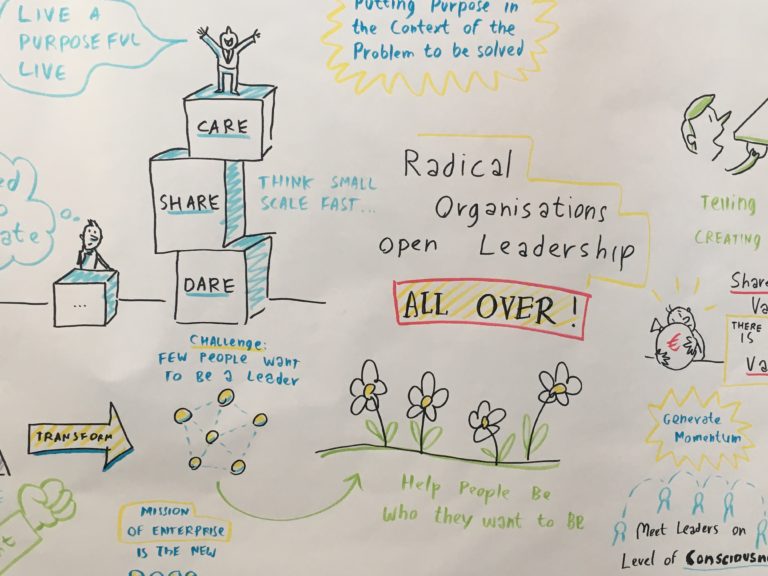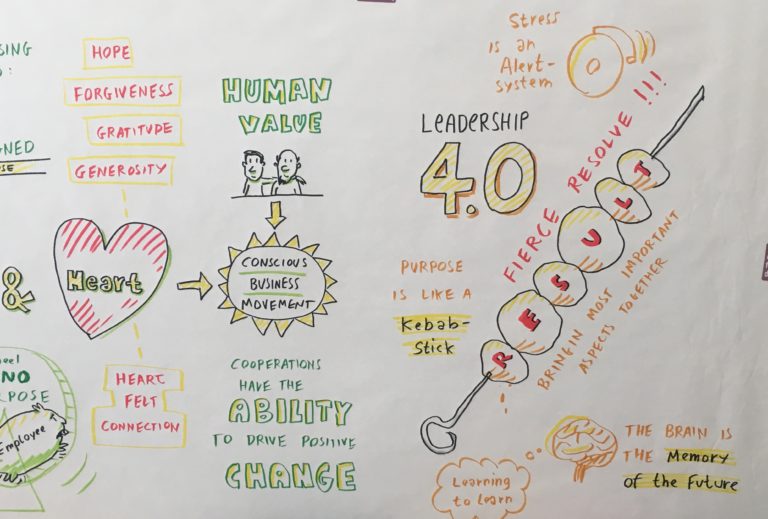How to develop a positive take on change
What is your relationship with change?
Have you ever asked yourself what is your relationship with change? You may not know it right away, but think about it for a moment. Do you rather feel openness, curiosity, and energy or do you feel struggle, incredulity and stress? Does change mean progress or resistance for you?
Why does it matter? Because if you do not create change, change will create you. To develop a positive take on change, will serve you adapting to unplanned and unexpected changes, but also to initiate the change you need to grow.
It may appear that today we are all open, flexible, engaging, global players, where change is part of our everyday life. But why there is so much resistance at the same time? Resistance to change has mostly three main causes:
- We are not convinced about the need for change
- We don’t think we’re able to make the change
- We are unclear how to go about change
Nature of change
Now let’s look what the books are telling us what change is all about, as definitions of change can convince us that change must always be a big deal: Example: Change is to give a different position, course, or direction to someone or something. Or change is to replace something.
It is true that the effects of change are often large, but the changing steps to take are mostly small.
So it’s not always such a big deal. Also, when we look at the nature of change. Change takes time and change is persistent. Now, this is important, change takes time! Change needs to be consistent! You don’t need to change things overnight. But you should take baby steps consistently.
Just look at the changing seasons or watching a baby grow. Now think about: What if they were not changing? Nature would always wear the same dress and babies would never learn to speak or walk. There would be nothing new, no possibilities, no change, no growth, no new opportunities, discoveries … Wouldn’t that be something to be scared of? If we look even closer at the nature of change, we see that nothing is lost but everything builds on each other. Spring, summer, autumn and winter are coming back in new colours and what the child has learned will never be lost. Change never means loosing something, always gaining something. Change is development.
The most tiny adjustments can change your world!
Big changes consist of small changes. I want to give you an example of my own experience where a small adjustment made all the difference in my life: I was heartbroken for months after I split up with my boyfriend. I couldn’t cope with the situation to move on with my life on my own terms. I was tormented by all the great memories I associated with him and spun those thoughts over and over in my mind. At the time, I lived in Asia and was participating in monthly Buddhist meetings. When I shared my state of mind with the group, the buddhist leader replied: “Just stop thinking about him.” I thought to myself: What a ridiculous advice is this?
But when I came home that night, I began to follow his advice and deliberately avoid thinking of my ex-boyfriend. At the same time, I had thought of something I would think of instead, every time he came to my mind. And the Buddhist guy was absolutely right.
If I did not think about him, I did not feel the loss. I saw now how I was creating that pain through my thoughts. I had told myself my life would not be worth living without him by my side. I had deliberately chosen the pain, so as not to have to accept the new situation. I was scared and didn’t know how to deal with the new reality.
If I tell you now, you got to accept change as a positive necessity. Nothing will change.
If I tell you now, change allows you to grow and will be very rewarding in the end. Nothing will change.
If I tell you now, change allows you to be someone better. Nothing will change.
All of this may mean something to you, but will not do anything for you, because facts don’t change people’s mind. Because I know that not my words, but your own experiences have the power to change your beliefs, I challenge you to initiate change.
Create small changes in your life to create a positive relationship towards change
Step 1. Replace the word “change” with “development”
Step 2. Define what development is for you
Step 3. Understand what happens if you do not develop. What is the price you have to pay for it?
Step 4. Answer the question: What happens if the outcome is not as expected? How to improve your result? Always have a plan B.
Step 5. Define areas of life you seek progress
Step 6. Initiate small changes in one or more of these areas by breaking down the goal to tiny steps.
If your first change step means to get up 15 minutes earlier in the morning saying out loud into your bathroom mirror that you are fully capable to deal with the day to come, then do that. If your first change step means to drink 4 liters of water every day in order to loose weight then do that. If your first change step means to visit your mum in the retirement home and give her a hug, then do that. If your first step is to go to the office for the next meeting and express your true opinion for the first time, then do that.
As you continue, you will more fearlessly deal with new situations, discover new insights into various aspects of your life, learn more about your life values, and become more resilient if more difficult results appear.
The more often you generate change, the more it loses its unwanted face. You begin to gain more self-confidence as you face changes. Let it become your continuous little secret game to challenge yourself.
Why do I want you to become a “happy changer”? Because I want you to discover and expand your potential. Not only do we need to adapt to new situations, we must also develop a proactive approach towards change, to reach our full potential. My goal for you is to recognise important changes early, and face unannounced changes of life with strength and the awareness, that you are the protagonist who makes it possible all.
Ben Franklin said: Life is ten percent what you make it and ninety percent how you take it.” and I think he has a good point there.
Also read my “Steve Jobs Transition Experience”, where I share, how I came through a big unplanned change in my life.
Please share with me in the comment section, which small changes evoked the biggest impact.
Be yourSelf-Leader!
Sincerely yours, Yvonne







